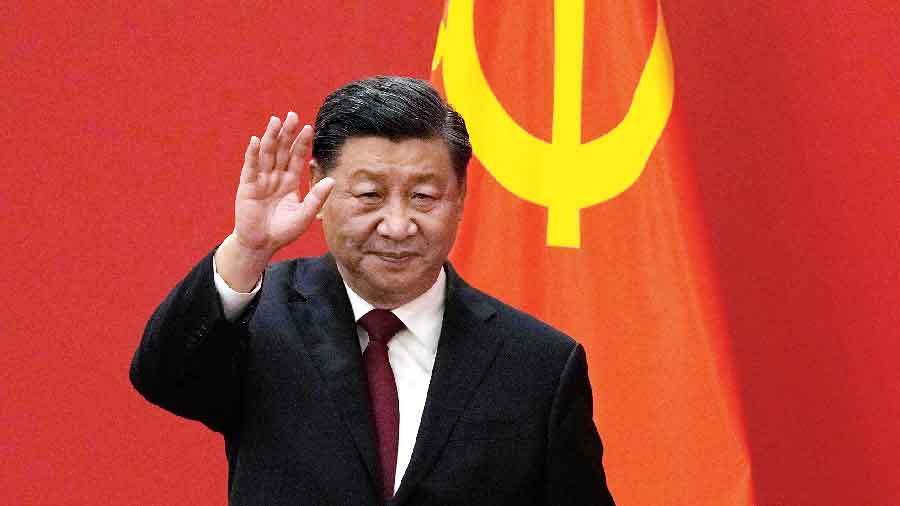When practised systematically and regularly, audit becomes a tool of exuding confidence
Nobody quite knows when and where audit became an important legal obligation for a certain level of enterprise in general, and business enterprise in particular. Before one knew, it had almost spontaneously got into this role. This was understandable because everyone wants to know where one’s money is going. The issue of standards became all pervasive in the audit process. A predictable institutionalisation was one of the outcomes. In India, a fall out was the coming into existence of an ‘institute’. As money began to travel with greater speed and wider range, contours of international financial reporting standards became more pressing. Slowly, what happened to cricket, hockey or the invention of United Nations happened to audit. The powerful flexed their muscles, got together and wrote the rules. While all this was happening, technology from being a faceless entity acquired a character. From a supporting function, it became an integral function of the financial reporting system. Machine learning became not just a fad but a necessity. Technology brought with it a need to be familiar with devices. Reporting transactions in domains such as income, expense, assets and liabilities raised issues of policy frames and rules. The last two decades and more have always had a talk of some financial crisis in some part of the world, in some sector. The celebrated ‘global village’ was faced with far too many reverberations. The amazing thing is that the globalisation of this process has not blurred the defining characteristics of regional economies. India is a savings-driven economy. Gold bullion and landholdings are indicators of prosperity. Such a set-up requires an ethical platform, workable governance practices and quality of reporting. The audit process today has pressures of responding to increasingly complex demands of credibility quotient. But practised systematically and regularly, audit becomes an invaluable tool of exuding confidence. The investment climate and the investor’s confidence are deeply affected by this. If market efficiencies are to increase, the quality of both the quantifiable aspects and the non-quantifiable aspects of transactions must keep improving incrementally. This requires rules. Mature communities appreciate the worth of stable practices. Reliable processes of corporate governance yield results. This by itself does not always prevent abuse of power or arrest high risk. By itself it would not even eliminate all imprudent behaviour. However, systems of work well thought through, do encourage shareholders and depositor’s confidence. Unfortunately, technology has its own banes. Sudden, sharp and often misplaced policy initiatives cause more exasperation than delight. A bigoted approach to technology allows little change of track, mid-way. This causes its own grief. Data protection often at tandem with unpredictable data predatory practices generates its own business. This very often becomes a business in its own right, diverting attention from the focus of investment. Indeed, the process detection of processes is on the verge of becoming a discipline. The way forward is to reduce the pressures on the depositor. He is at the heart of the whole activity yet largely neglected, often because, he has no forum. All this perhaps requires a package of solutions. Teaching of banking in an economics curriculum may mark a beginning. Simulation-based training could help contain stealthy demeanour. Maybe the individual investor and his plight when recognised will help all other stake holders in financial operations to be more effective. All this may take time, but the wise man does not always expect to see the distant scene. One step at a time, could help.
(The writer is a well-known management consultant. The views expressed are personal.)
(Courtesy: The Pioneer)








 OpinionExpress.In
OpinionExpress.In















Comments (0)